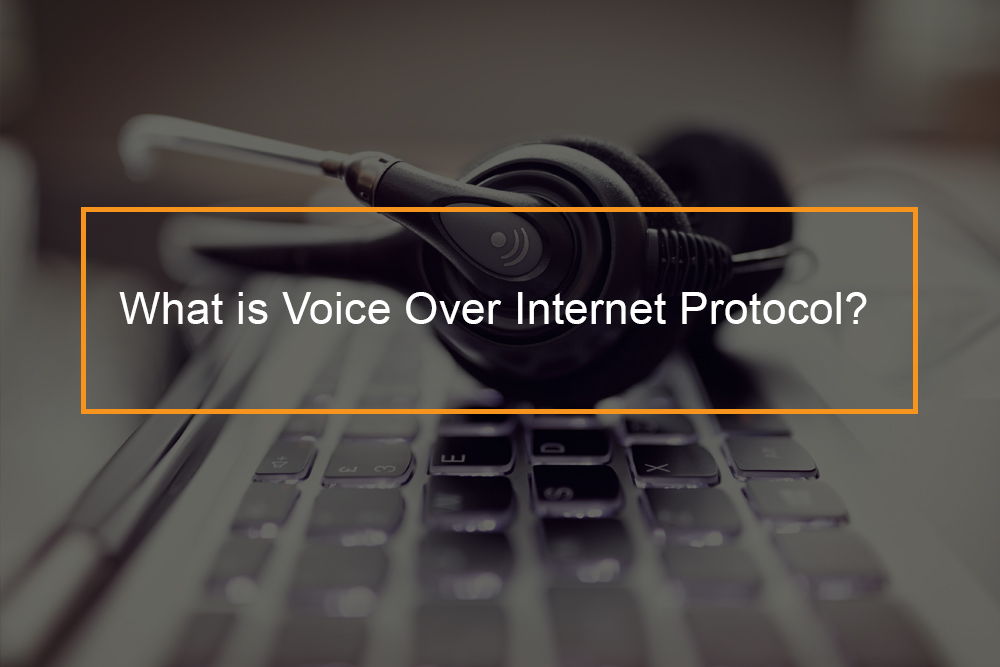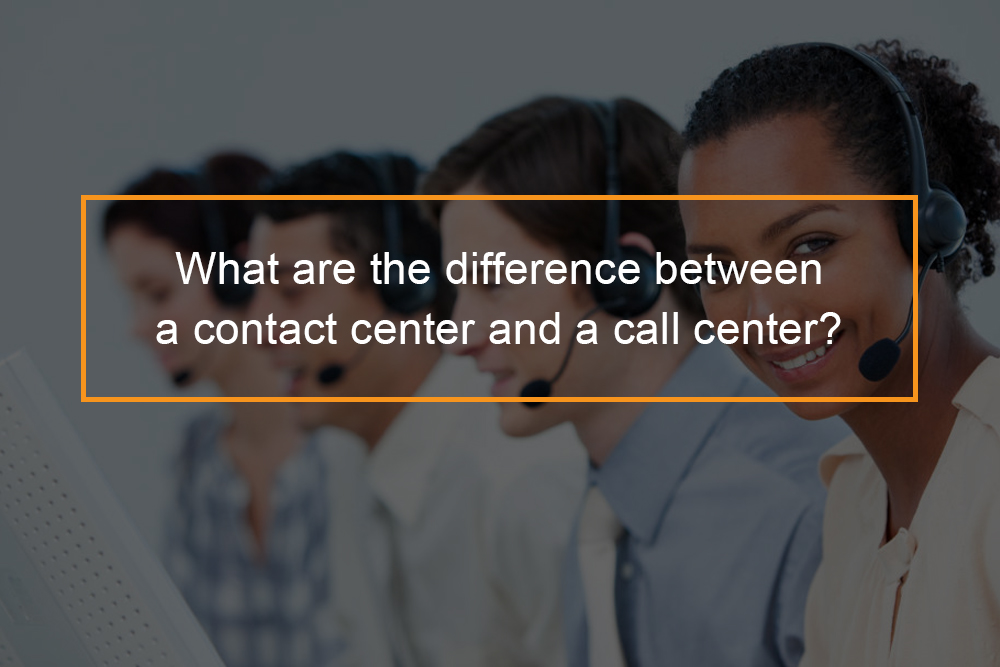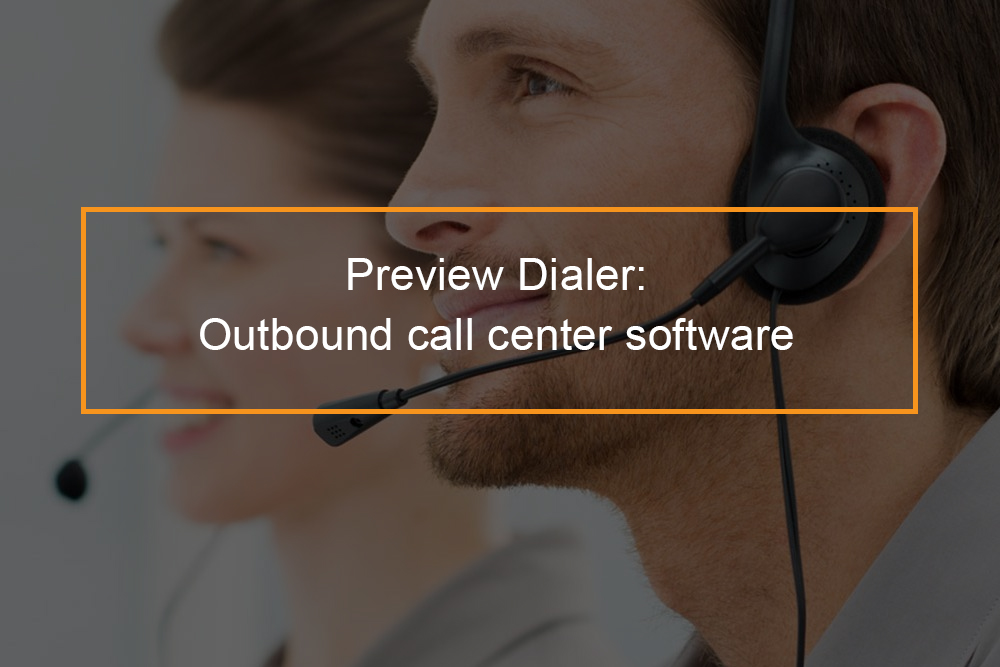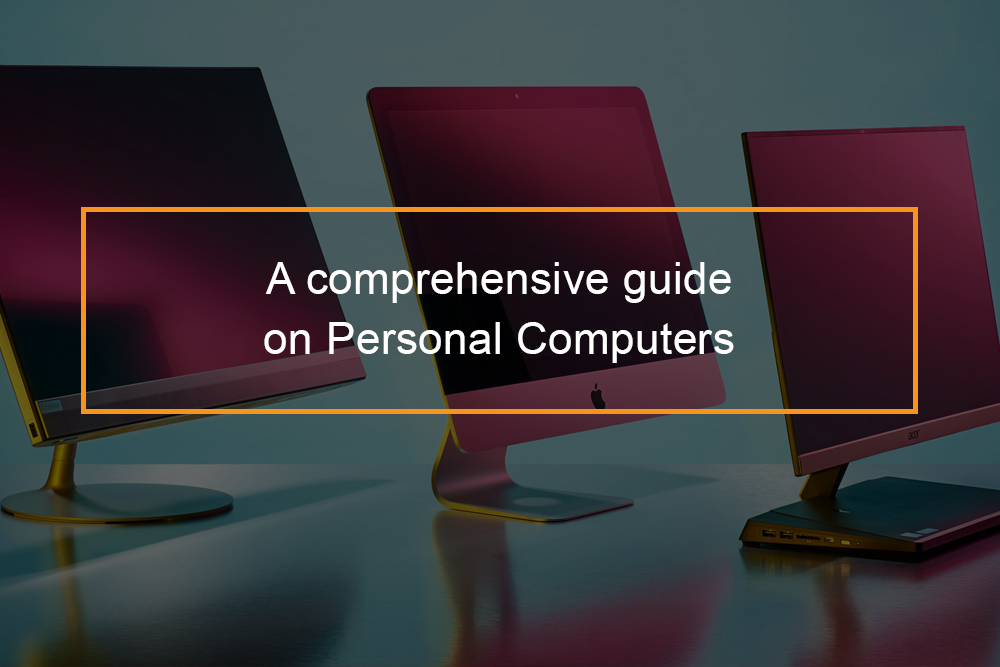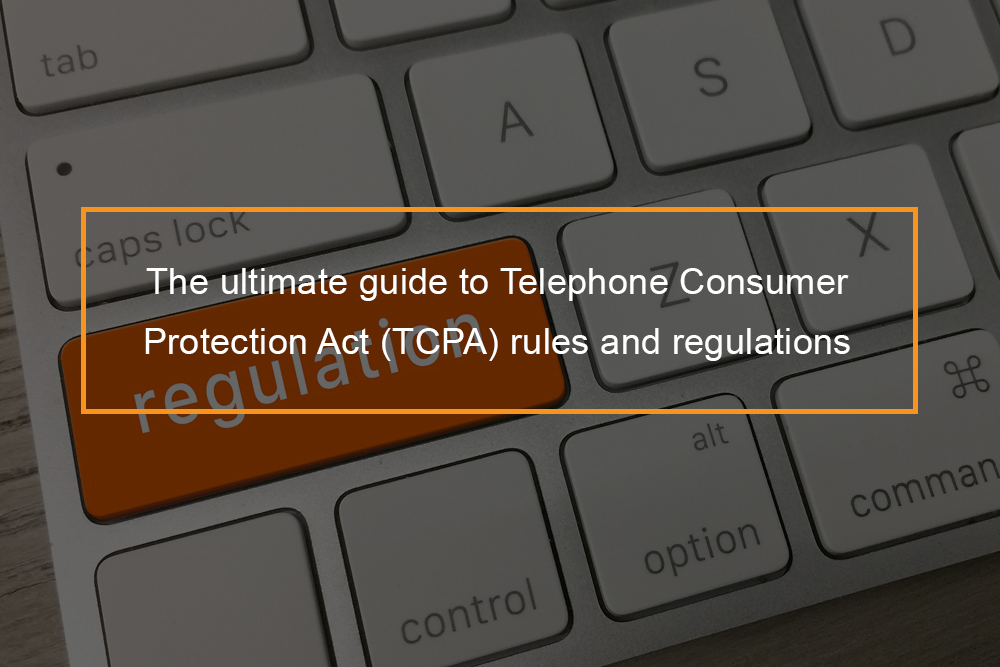Legalities of robo dialing
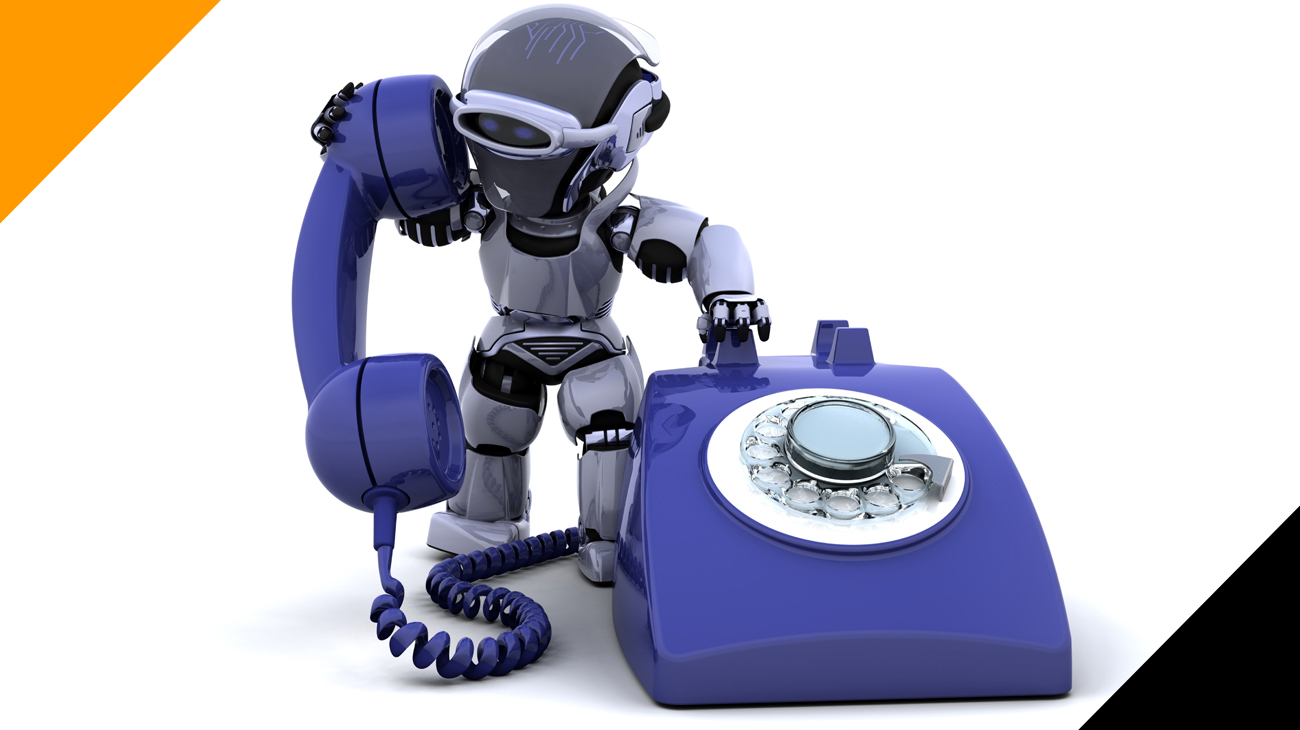
Knowing the robocall is a scam or a legit one
There’s nothing more frustrating than ringing the phone when you’re engaged in something and receiving a recorded message. Is robo dialing illegal? In this article, you’ll find out whether the call you receive is a sham or not.
Table of Contents
Is Robo Dialing Illegal?
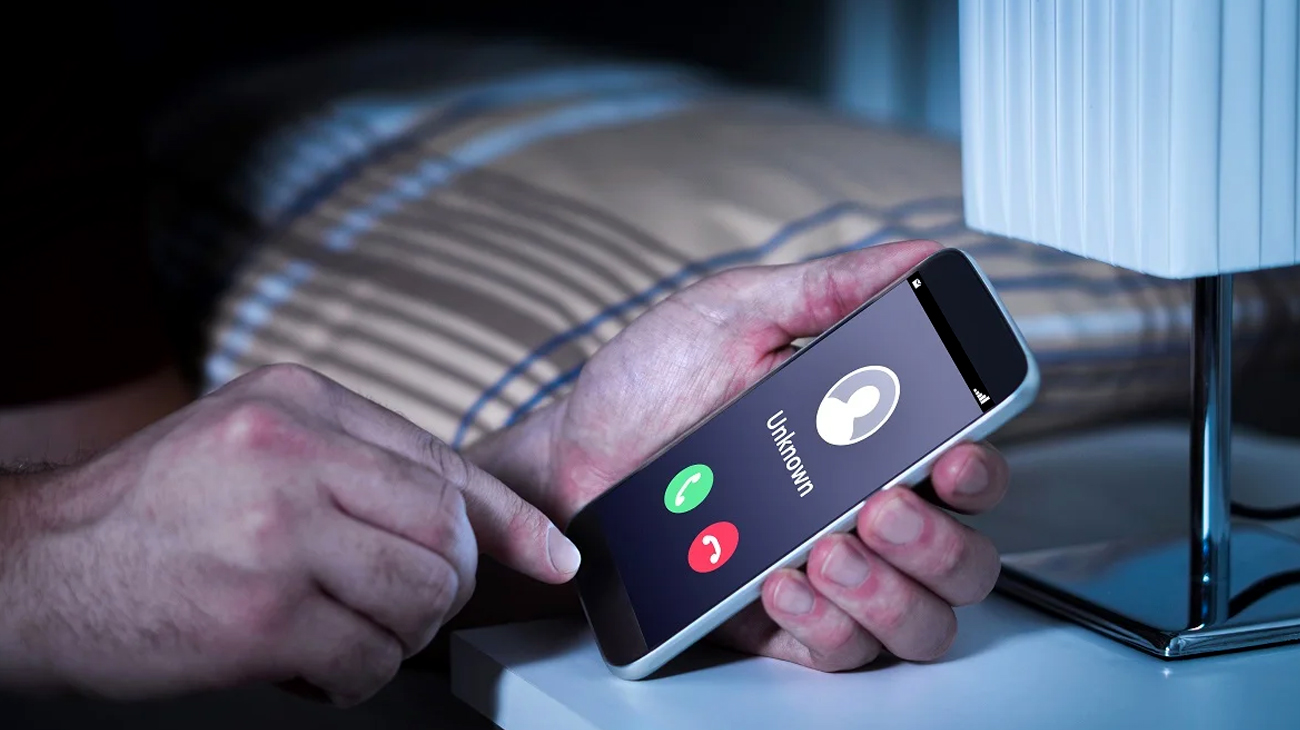
Is robo dialing illegal? If a robo dialing or robocall tries to offer a product or service without your permission or letting the company contact you in this manner, it’s a violation of the law. Also calling someone using the use of robo dialing without permission is illegal. To gain your permission the company must be clear that they are asking to contact you via calls that are robo, and they can’t require you to agree to the calls to purchase the product or service. If you grant permission you are entitled to withdraw your consent at any time.
Certain kinds of robocalls can be made under FTC rules, but without your consent such as political calls regarding candidates running for office, or charities that ask for donations.
What Is Robo Dialing?
Robo dialing or robo call service will automatically broadcast recorded messages to a large number of people at once. This is achieved through robo dialers, software programs that dial necessary numbers from pre-loaded contact lists and then play recorded messages rather than real-time live agents speaking every time it is received by the recipient. Despite the debates about the use of these dialers, fraudsters and fraudsters, the robo-dialing system is utilized in a legal manner by organizations and businesses in various industries, in instances such as appointment reminders, critical alerts, public service announcements, etc.
What kinds of robocalls are allowed without my permission?
UAccording to FTC rules, certain automated calls do not require your consent:
-
- Messages that are purely informational. Robocalls regarding the cancellation of your flight or reminding you about appointments, or simply letting you know of a delayed school’s opening falls into this category as they don’t attempt to offer you some product or service.
- Debt collection calls. Businesses who want to collect debts can utilize robocalls in order to reach you. However, calls that attempt to sell you a service in order to pay off the amount you owe are most likely to be frauds.
- Political calls.
- Calls from some health care providers. This could include a robocall or the pharmacy, reminding you to refill your prescription.
- Messages from charities. Charities may make calls directly to you. However, if a charity employs an individual to call for its behalf, except if you’re a previous donor or a member to the charitable organization, that robocall will be unlawful. Also, they must provide an automated option that allows you to unsubscribe from any future calls.
- Messages that are purely informational. Robocalls regarding the cancellation of your flight or reminding you about appointments, or simply letting you know of a delayed school’s opening falls into this category as they don’t attempt to offer you some product or service.
Web Resources for Blocking Robocalls
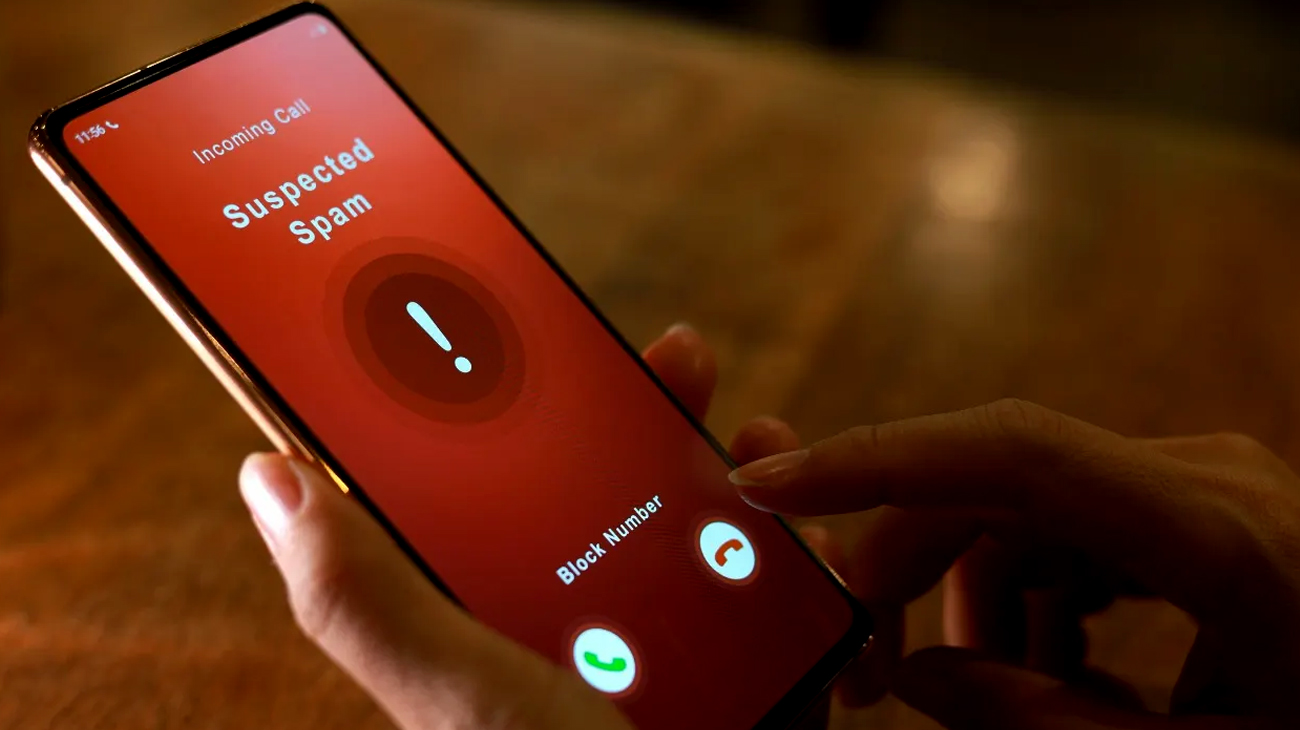
The call blocking feature is a method employed by phone companies to prevent unwanted and unwelcome callers from going to your telephone. An earlier FCC report showed that by partnering with third party analytics firms, they can stop billions of unwanted calls for American consumers every year.
Telephone companies may prohibit calls originating from unsavory patterns of caller identification actively in order to safeguard their users. A lot of phone companies allow their customers to stop unwanted calls by signing up to the service or by installing an application. Customers are also able to alter the settings on their phones, register to a third party service or download an app from a third party to block unwanted calls.
Based on the service you use, the blocked call could go directly to your voicemail. You might hear one phone ring, and then get caller ID details from the blocked call or you might not receive any notification.
Many companies in the phone industry are utilizing FCC rules that permit customers to automatically be signed up for calling blocking services. However, you can choose to opt out if you are worried about missing calls. Some companies provide call labeling services to help users identify which calls they would like to take. Labeling services show the categories that could be deemed illicit or unintended calls, such for “spam” or “scam likely” on the display of caller ID.
The below resources * give information on a number of the tools for blocking calls and labeling accessible to users.
| Wireless/Mobile |
|
| Landline/Wireline/VoIP |
|
| Third-Party Analytics Resources |
|
| Wireless Device Solutions |
|
| Trade Association Consumer Resources and Information |
|
What are the rules for robocalls?
FCC rules require a company to get your written consent in writing or via electronic methods, such as websites forms, telephone keypress before it can make an automated telemarketing call to your wireless or home phone number. FCC regulations also require a contact to have your permission either in writing or oral form prior to making an automated or prerecorded phone text or call to the wireless phone number. There are some exceptions to these regulations that apply to situations that pose a risk to life or security.
Why doesn’t the Do Not Call Registry stop robocalls?
The National Do Not Call Registry is designed to block sales calls from legitimate companies that adhere to the law. This Registry serves as a database that informs telemarketers of the numbers they should not call. The FTC doesn’t and can’t prohibit calls. Scammers don’t care about whether you’re registered on the Registry.
While the Registry isn’t able to stop all unwanted calls you receive, being a part of the Registry can reduce the amount of calls you receive and help you to identify fraud calls. If you receive a caller who is not following the Registry or if they’re making an unregistered robocall don’t answer. It’s likely to be an ad hominem scam.
Consumer Tips to cut down on the number of robocalls:
- Don’t take phone calls coming from unidentified numbers. You can leave them to voicemail.
- If the person calling you claims to be an official company or organization do not answer and instead contact them using an authentic number that is listed at their site or your current bill if you have business dealings with them.
- If you do answer, and the person calling you (often recorded) demands you to hit an option to end receiving calls or requests you to say “yes” in response to a question, simply hang the phone. Scammers typically employ these tactics to locate, and then focus on live users or utilize their “yes” to apply unauthorized charges to your bill.
- Beware: Caller IDs that show”local” or “local” number no longer indicate that it is always an actual local number.
- If you do not answer, and the person calling you asks for payment with an electronic credit card or gift certificate, this is most likely to be a fraud. Law enforcement agencies that are legitimate do not require payment via gift cards.
- If you get a phony call, you can file a complaint to the FCC Consumer Complaint Center by choosing”phone” and then the “phone” option and selecting “unwanted calls.” The information we collect helps us monitor trends and aids in our enforcement efforts.
- If you’ve lost money due to fraud, call the police department in your area for help.
- Check with your phone provider whether they offer an automated robocall blocker. If not, ask them to provide one. You can also go to the FCC’s website to find additional information on illegal robocalls as well as resources for the available tools to block robocalls and assist in reducing unwanted calls.
- You should consider registering your phone numbers with the National Do Not Call Registry. Telemarketers who are legal use this registry to stop calling people who are on the list.
What happens if you answer a robocall?
If you get a phone call the best thing you can do is to not respond. If you do answer this call, then your phone number is deemed to be legitimate by fraudsters, even though you aren’t sure if you’re a victim of the fraud. They’ll call again because they know that someone in the opposite direction is likely to be the victims of scams. The less you respond to robocalls, the less robocalls you receive.
The National Do Not Call List
The National Do Not Call list protects the landline and wireless numbers. You can put your numbers with the Do Not Call list at no cost by dialing 1-888-382-1222 (voice) and 1-866-290-436 (TTY). It is necessary to dial the phone number you would like to join the list. You may also sign up at: Include your personal wireless number to the National Do-Not-Call list donotcall.gov
Telemarketers must take your numbers from their list of callers and cease calling you within 31 days of the day you registered. Your numbers will be listed until you either remove them from the list or cease service There is no requirement to register numbers again.
According to FCC regulations, telemarketers who call your home need to provide their names, along with the phone number, name as well as the address where their company or employer is able to be reached. Telemarketing calls that call your home are not allowed before 8 AM or after 9 PM, and telemarketers are required to adhere immediately to any do not-call request that you place when you call.
If you’re on the National Do Not Call Registry or not, inform anyone calling you that you don’t agree to their calls and add you to their Do Not Call List. Keep a note of the number of the caller as well as the date you requested not to be contacted, and submit a complaint to the FCC in the event that the person calling you is not able to comply with your request.


